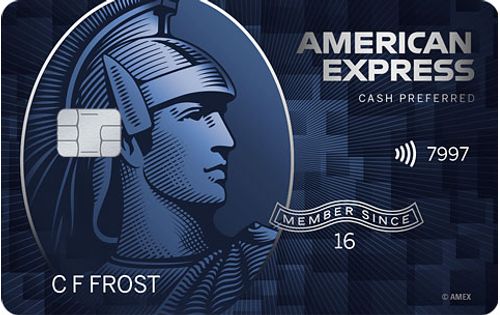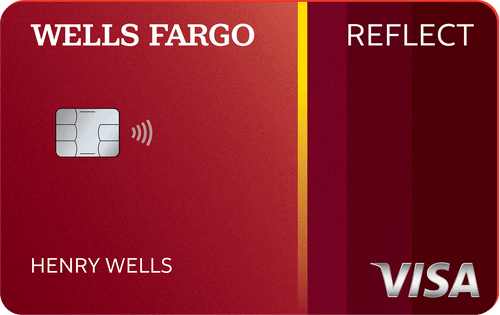Milvionne Chery Copeland, Writer
@milvionne_copeland
The first thing to look for when comparing credit cards is the minimum credit score requirement, so you only compare cards that you qualify for. Then, focus on the membership fees and rewards if you plan to pay the bill in full every month, or the APRs if not. Other features should be secondary considerations.
Things to Look for When Comparing Credit Cards
Credit Score Requirement
Most credit cards have a minimum credit score requirement, so it would be a good idea to check your credit score first to narrow down which credit cards you have the best odds of getting approved for. You can check your credit score for free on WalletHub.
Rewards
If you plan on paying your bill in full every month, you should look at a credit card’s rewards program. Some rewards to look for include a sign-up bonus, which is a large sum of points, miles or cash back when you spend a certain amount of money within a few months after opening an account. You can also get ongoing rewards in return for every purchase you make. The best rewards cards can save you hundreds of dollars a year.
Interest Rates
The APRs a card has are another important factor. If you plan on paying your bill in full every month, it won’t matter if you have a card with high rates. However, if you think you will carry a balance from month to month, every percentage point matters. Credit cards often have different APRs for purchases, balance transfers, and cash advances. You should also look to see whether a card has an introductory 0% APR promotion. Offers like that can save you big bucks on interest.
Annual Fee
Not every credit card charges an annual fee, though the ones that do may have additional rewards that could offset the cost of the annual fee. If you are interested in rewards, a card with an annual fee may end up being the most valuable option, but if you are focusing on building credit, a credit card with no annual fee is best.
Other Fees
Besides the annual fee, a credit card can carry a host of other fees. Knowing all the fees a card has can help you narrow down your options. For example, if you are looking for a card to transfer an existing balance, a card with no balance transfer fee can save you money. Below are some common fees a credit card may charge.
Below are some common fees a credit card may charge.
- Cash advance fees
- Balance transfer fees
- Foreign transaction fees
- Late fees
- Returned payment fees
- One-time fee prior to account opening (usually associated with unsecured credit cards for bad credit)
You shouldn’t disregard a card just because it charges fees. If you don’t plan on transferring a balance or doing cash advances, for instance, a card with fees for these transactions could still be an option for you.
The bottom line is that you should look for the things that will save or cost you the most money when you’re comparing credit card offers. In doing so, you should focus on the features that will affect you most often while ignoring those that will never come into play.
Now that you know what to look for when comparing credit cards, you can compare some of the best credit cards on WalletHub.

People also ask
Did we answer your question?
Important Disclosures
Ad Disclosure: Certain offers that appear on this site originate from paying advertisers. For full transparency, here is a list of our current advertisers.
Advertisers compensate WalletHub when you click on a link, or your application is approved, or your account is opened. Advertising impacts how and where offers appear on this site (including, for example, the order in which they appear and their prevalence). At WalletHub we try to present a wide array of offers, but our offers do not represent all financial services companies or products.
Advertising enables WalletHub to provide you proprietary tools, services, and content at no charge. Advertising does not impact WalletHub's editorial content including our best picks, reviews, ratings and opinions. Those are completely independent and not provided, commissioned, or endorsed by any company, as our editors follow a strict editorial policy.



